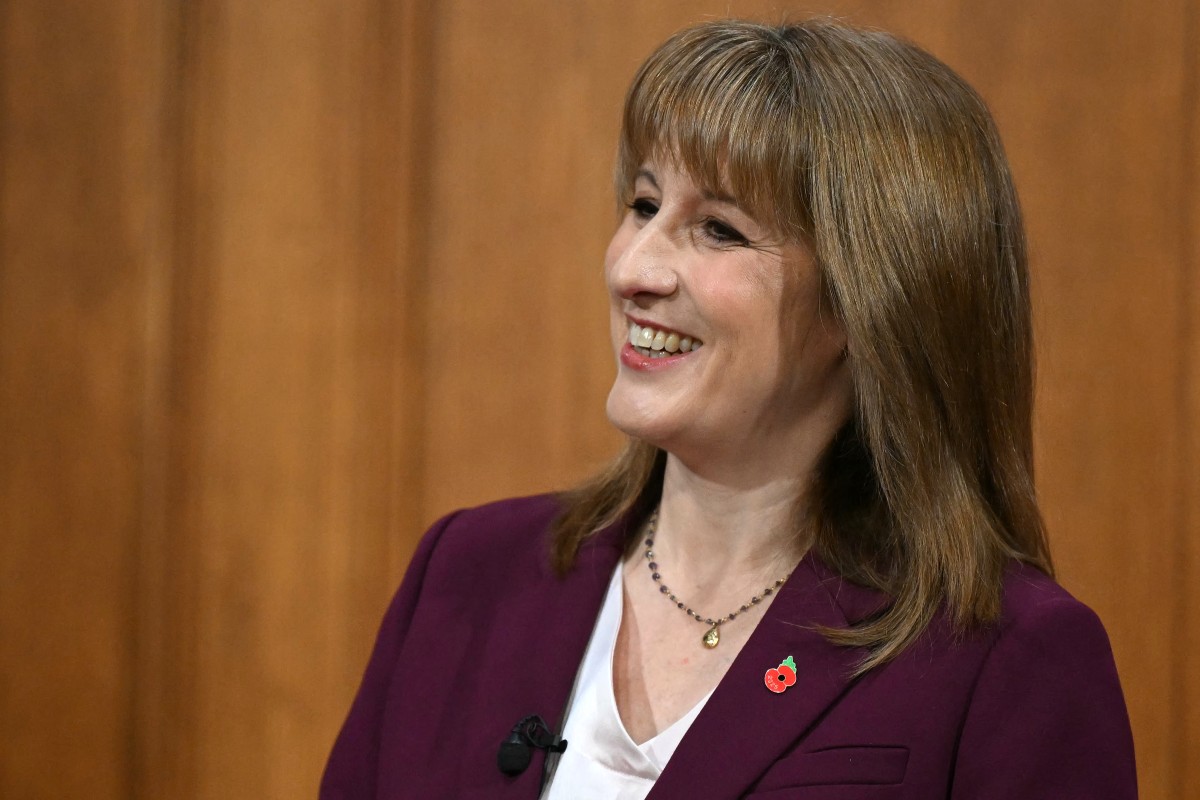
The UK’s biggest business lobby warned Rachel Reeves against hitting companies with a series of smaller tax rises as she prepares this year’s budget, saying she should “prioritize long-term prosperity over short-term thinking.”
Britain’s chancellor on Tuesday gave a speech setting the stage for tax hikes in her Nov 26 set-piece as she seeks to fill a fiscal hole that’s opened up amid rising borrowing costs, expensive policy reversals and global economic headwinds fanned by Donald Trump’s tariff war.
But after she raised taxes by £40 billion ($52 billion) in last year’s budget, mainly on businesses, the Confederation of British Industry warned in a statement on Thursday that “death by a thousand taxes is not a credible way to deliver a thriving, prosperous economy.”
CBI Director of Economic Policy Mohammad Jamei told Bloomberg that it’s preferable for the chancellor to break Labour’s electoral pledge not to raise income tax, national insurance or value added tax — the Treasury’s three biggest revenue-raisers — than to seek to raise what she needs through a collection of smaller levies.
ALSO READ: Sky News: UK's Reeves considering tax increases and spending cuts
“Breaking manifesto pledges restores her fiscal credibility,” said Jamei, flagging the need for Reeves to come up with a big enough package to end speculation about tax in the current Parliament, which is due to run until mid-2029. “Sometimes businesses can deal with additional costs,” he said. “What they can’t deal with is uncertainty.”
Reeves has pledged to maintain fiscal rigor in order to preserve the confidence of financial markets in Britain’s economy, and the budget this month presents a moment of danger for her party. The promise on the three big taxes was a flagship electoral pledge that she now faces having to ditch as she tries to fill the budgetary gap while also increasing her margin for error, which was a slim £9.9 billion in last year’s budget.
“Yearly tinkering to close an ever-increasing fiscal gap simply isn’t a viable approach to a challenge this big,” CBI Chief Executive Rain Newton-Smith said in the statement. “We need to take tough decisions now or risk a downward spiral that sees us robbing Peter to pay Paul just to fund normal government expenditure and puts our growth prospects in peril.”
After business was stung last year, corporate Britain is keen to avoid another hit. Jamei said the CBI viewed an increase to the banking surcharge as potentially the most economically damaging of the potential smaller measures Reeves could pursue. Others include levies on gambling companies and expensive homes, and an end to tax breaks for limited liability partnerships.
READ MORE: Reeves risks another post-budget inflation surge, Business warns
The heads of the five big business lobbies in the UK: the CBI, British Chambers of Commerce, MakeUK, Institute of Directors, and Federation of Small Businesses met the Chancellor on Tuesday behind closed doors to make a pitch for corporate Britain.
The CBI proposed Reeves pursue four key measures to boost growth: fast tracking critical infrastructure through primary legislation, focus on improving the skills of workers, develop and scale up new technologies, and improve competitiveness through measures including lowering energy costs, promoting exports and improving the liquidity of the London Stock Exchange.


